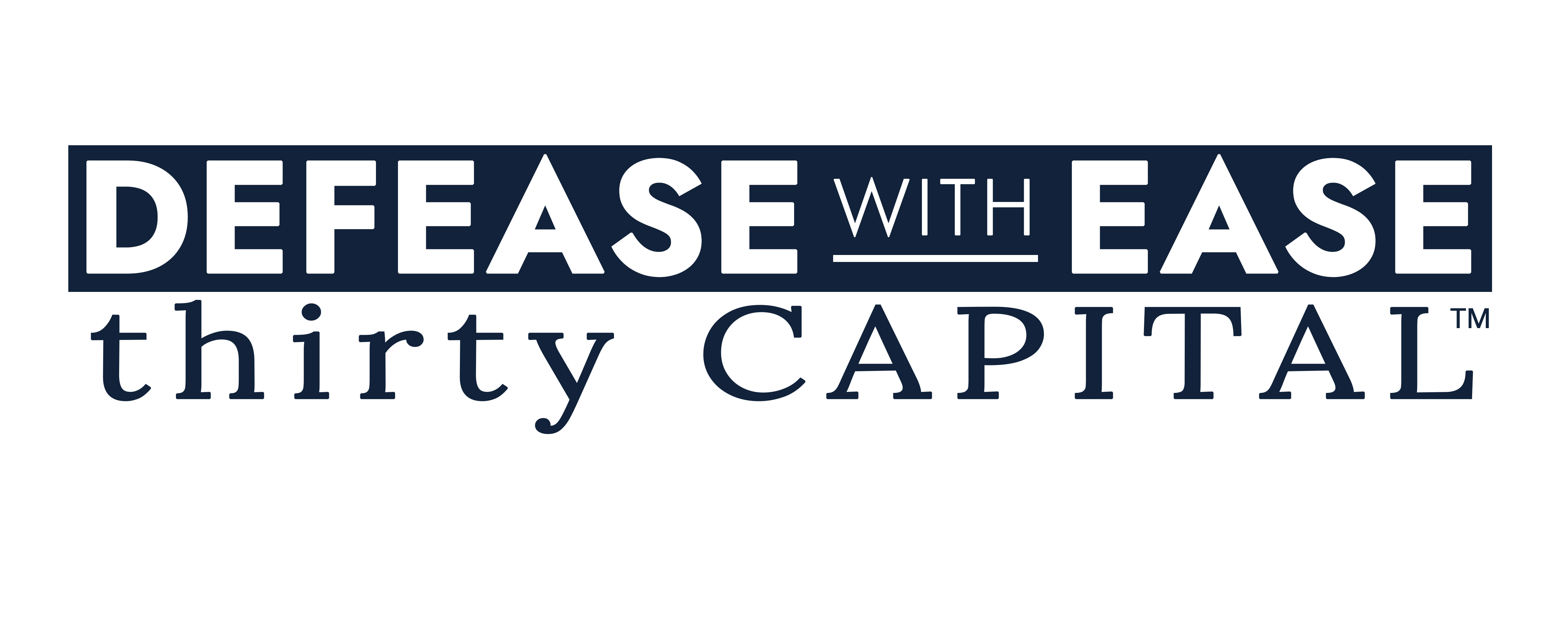Market cycles are inevitable—but being caught off guard is not. Success in commercial real estate (CRE) about preparing for the inevitable inflection points: when liquidity tightens, valuations reset, or macro conditions force portfolio strategy to pivot.
For decades, that kind of preparation relied on experience, established analytical methods, and slower-moving financial models. Today, artificial intelligence (AI) is transforming how CRE owners, operators, and executives prepare for what’s next. With real-time access to your portfolio data and CRE-trained tools like Lobby AI, forward-looking planning becomes faster, smarter, and more dynamic.
Here are five ways AI is helping CRE leaders get ahead of the next market cycle—before it arrives.
1. Stress-Test Portfolio Performance Instantly
Preparing for uncertainty means knowing how your assets perform under pressure. But traditional scenario modeling—adjusting rent rolls, tweaking expense lines, and updating debt assumptions—often takes days (or weeks) and relies heavily on analyst bandwidth.
AI makes it possible to ask, “What happens to my portfolio debt service coverage ratio (DSCR) if operating expenses increased 10% and rents dropped 5%?” and get an immediate answer.
Purpose-built tools can simulate market shocks across your properties, identify vulnerabilities in loan covenants, and model how changes in occupancy, interest rates, or CapEx timelines affect performance. Whether it’s a mild slowdown or a more severe correction, AI lets you test your readiness with speed and precision.
2. Monitor Liquidity and Capital Stack Health in Real Time
As cycles shift, capital structure becomes critical. AI gives you visibility into:
- Which loans are maturing soon
- Which assets are approaching negative leverage
- Where fixed-rate debt may become a refinancing risk
- How capital calls or paydowns might affect the broader portfolio
Instead of static debt schedules or scattered spreadsheets, AI-powered platforms ingest loan terms, amortization, valuation, and operating data to provide dynamic visibility into your capital stack.
This helps CRE stakeholders ask (and answer):
- “Do I need to reserve capital for an upcoming maturity?”
- “Should I consider recapitalization now, before the market tightens?”
- “Which assets offer the most refinance flexibility today?”
In an environment where cost of capital can swing quickly, visibility is power.
3. Forecast Cash Flow and Plan for Disruption
Every downturn tests cashflow assumptions. From rising insurance costs and tax reassessments to tenant defaults or construction delays, minor shocks can have cascading effects.
AI helps by:
- Continuously tracking T12 performance across the portfolio
- Forecasting upcoming expenses and income shortfalls
- Identifying tenants or lease structures at higher risk
- Generating property-level and portfolio-level cash flow summaries
For example, you can ask, “What’s my projected cash burn over the next two quarters if my top three tenants delay payment?”
The AI doesn’t just give you numbers—it gives you scenarios and implications. This type of insight is essential for contingency planning, board communication, and LP relations.
4. Enhance Investor Readiness and Transparency
In volatile cycles, transparency becomes a differentiator. Investors want to know:
- What’s happening with my capital?
- How are you managing risks?
- What’s the downside scenario?
AI helps CRE firms respond to those demands by quickly generating:
- Narrative summaries of asset or portfolio performance
- Updates on DSCR / LTV trends across loans
- Breakdown of cashflow metrics and future exposure
- Tailored reports based on investor preferences
No more scrambling for data, digging through PDFs, or rewriting updates each quarter. AI enables CRE teams to deliver clear, timely communication—without extra overhead.
5. Surface Opportunity—Not Just Risk
Market cycle readiness isn’t just about defense. It’s also about playing offense when others can’t.
AI doesn’t just warn you of downside—it can flag upside:
- Assets that are outperforming and ripe for recap
- Fixed-rate loans with favorable prepay options
- Properties where cost savings can quickly boost net operating income (NOI)
- Equity positions you could refinance before spreads widen
By continuously analyzing your portfolio, AI surfaces smart next steps, helping you act before the window closes. In other words, AI doesn’t just prepare you to weather the next cycle—it helps you capitalize on it.
The Bottom Line
Market cycle readiness was once costly and time-consuming. Today, AI empowers CRE firms to quickly assess vulnerabilities, simulate scenarios, manage liquidity, and communicate with clarity and focus.
Platforms like Lobby AI are enabling this shift by delivering instant, structured insights from your own data—without waiting on analysts or assembling data manually. You don’t need to guess what the market might do next. You need to be prepared for whatever it does.
Schedule your Lobby AI demo and start making data-driven decisions that protect your assets and maximize returns.
 The Lobby AI Mobile App is here! In the field, in meetings, on the go: instant portfolio insights right on your phone.
The Lobby AI Mobile App is here! In the field, in meetings, on the go: instant portfolio insights right on your phone. 


